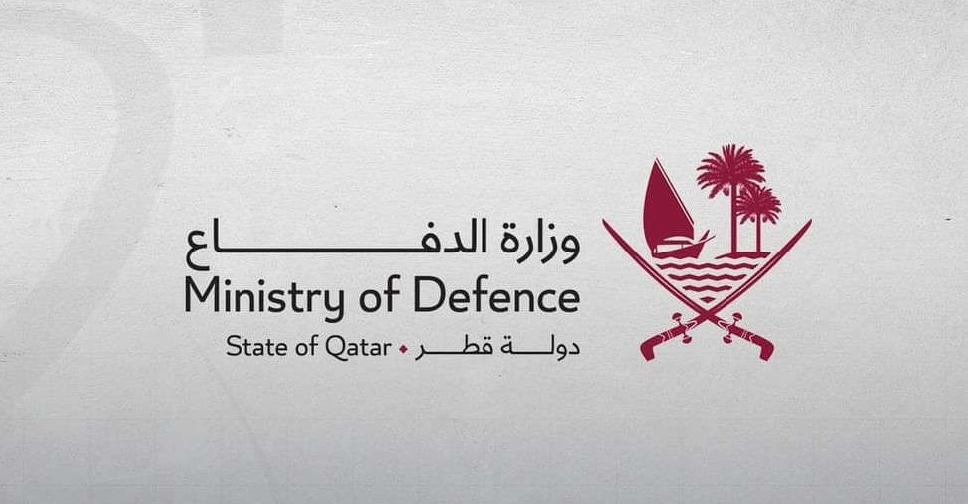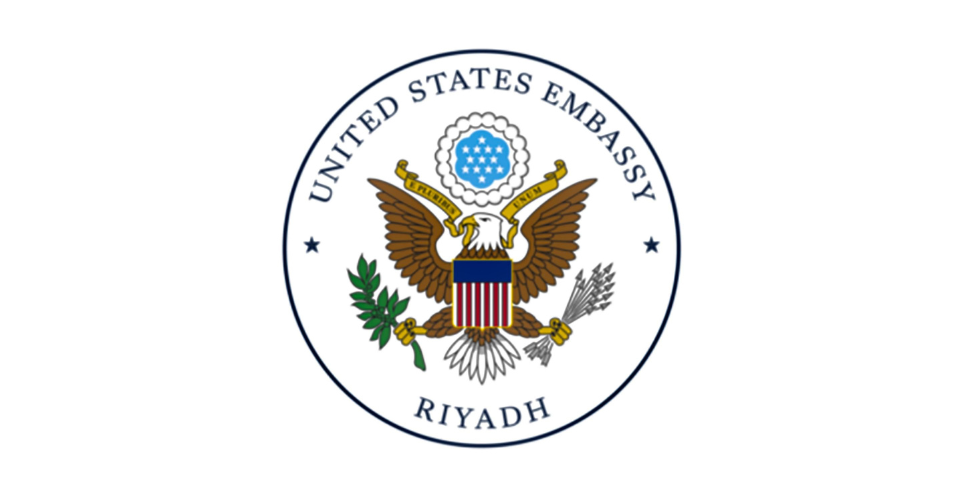
Spain's government approved a bill on Tuesday imposing massive fines on companies that use content generated by artificial intelligence (AI) without properly labelling it as such, in a bid to curb the use of so-called "deepfakes".
The bill adopts guidelines from the European Union's landmark AI Act imposing strict transparency obligations on AI systems deemed to be high-risk, Digital Transformation Minister Oscar Lopez told reporters.
"AI is a very powerful tool that can be used to improve our lives ... or to spread misinformation and attack democracy," he said.
Spain is among the first EU countries to implement the bloc's rules, considered more comprehensive than the United States' system that largely relies on voluntary compliance and a patchwork of state regulations.
Lopez added that everyone was susceptible to "deepfake" attacks - a term for videos, photographs or audios that have been edited or generated through AI algorithms but are presented as real.
The Spanish bill, which needs to be approved by the lower house, classifies non-compliance with proper labelling of AI-generated content as a "serious offence" that can lead to fines of up to 35 million euros (AED 140.34 million) or 7 per cent of their global annual turnover.
Ensuring AI systems do not harm society has been a priority for regulators since OpenAI unveiled ChatGPT in late 2022, which wowed users by engaging them in human-like conversation and performing other tasks.
The bill also bans other practices, such as the use of subliminal techniques - sounds and images that are imperceptible - to manipulate vulnerable groups.
Lopez cited chatbots inciting people with addictions to gamble or toys encouraging children to perform dangerous challenges as examples.
It would also prevent organisations from classifying people through their biometric data using AI, rating them based on their behaviour or personal traits to grant them access to benefits or assess their risk of committing a crime.
However, authorities would still be allowed to use real-time biometric surveillance in public spaces for national security reasons.
Enforcement of the new rules will be the remit of the newly-created AI supervisory agency AESIA, except in specific cases involving data privacy, crime, elections, credit ratings, insurance or capital market systems, which will be overseen by their corresponding watchdogs.



 Iran vows to attack any ship trying to pass through Strait of Hormuz
Iran vows to attack any ship trying to pass through Strait of Hormuz
 Drones target fuel tanks at Oman’s Duqm Port
Drones target fuel tanks at Oman’s Duqm Port
 Qatar announces interception of 2 jets, 101 missiles since Iranian attack
Qatar announces interception of 2 jets, 101 missiles since Iranian attack
 Two drones target US embassy in Saudi Arabia
Two drones target US embassy in Saudi Arabia



